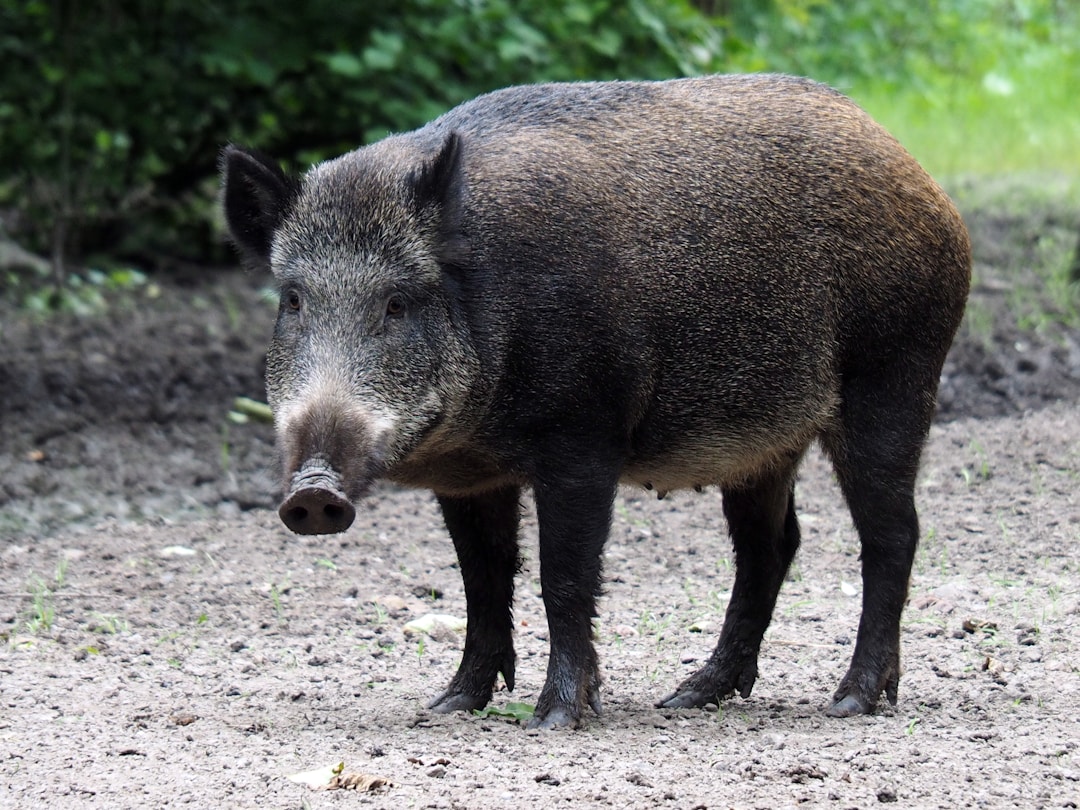A lot of people dream about rural life on a farm. They envision the freshness of the air coupled with farm-to-fork daily meals. But there may be serious risks in managing farms and ranches. Here are five of the common problems faced by farmers.
1. Feral Animals

Some feral animals like domestic pigs can be opportunistic omnivores acting as crop and soil feeders, leaving farmers with close to nothing during harvest. Over the years, U.S. states like Texas have experienced a catastrophic feral hog problem, resulting in about $400 million in debt. Many news sites labeled the hog population a plague in several states, including Arkansas, North Carolina, and other provinces in North America. Feral hogs are part of the pig population and are invasive species capable of terrorizing farms and their native wildlife. A wild hog can wallow and destroy natural habitats and also harbor up to 45 parasites, bacteria, and diseases.
This is why the Texas legislature allows its local population and members to engage in the recreational hunting of hogs freely. Besides hunting purposes, Texas hunters can also capture feral pigs and process them as exotic meat for restaurants.
All this bad news shouldn’t stop you from opening a farm in Texas. The Texas Department of Agriculture is committed to introducing several hog control measures to curb this issue. The Farm Bill established in 2018 responded to the threats feral animals pose to agriculture, native ecosystems, and animal and human health. Furthermore, the “Hog Eradication Texas” campaign that was set up aims to rid the great state of Texas of this havoc.
2. Regulations and Standards
As a farmer, you’re often faced with strict regulations that you must comply with. The tobacco industry, for instance, has been battling several regulations from judgmental critics and health advocates concerned about the severe risks of tobacco use. In recent years, brands like OHM Tobacco keep fighting for new ways to service the insatiable desires of the entire tobacco market spectrum. But more strict regulations have displaced many tobacco farmers and are threatening their livelihoods.
Even in countries like India, the Tobacco Act of 2003 banned the advertisement of cigarette tobacco and other related products. In 2019, the United States also amended it’s Federal Food, Drug, and Cosmetic (FD&C) Act, raising the minimum age for the sale of tobacco products and accessories from 18 to 21 years.
3. Food Waste
Waste is a nuisance to global food businesses, and corporate organizations keep issuing control measures to curb the situation. Catering services in the United States alone generate over 30 billion pounds of food waste every year, equivalent to emissions from one in seven cars.
4. Climate change
Climate change is a significant threat to water sources and the general agricultural industry. Water supplies for agriculture have been below demand since the early 1980s. Many governments are increasingly seeking solutions to scale the perils of climate change and global warming. Several farmers across the world may not have access to sustainable solutions. Even those in thriving economies have to make do with tools and methods that have been marked as environmental threats. Many of these produce less yield and further plunge private landowners into deeper levels of poverty.
5. Insects, Viruses, and Parasites

Last year was challenging for many industries. About 10 million workers lost their jobs, and the agricultural sector was one of those to be catastrophically hit by the virus. In the wake of the pandemic, when misconceptions were widespread, many consumers boycotted certain food items they believed contributed to the pandemic’s outbreak in Wuhan, China.
In addition to viruses, insects and parasites have also been a threat to farmers since the early 1980s and even beyond. East African farmers have been victims of locust attacks in recent years. The locust outbreak in recent years has been labeled as the worst in history across countries, including India. As the situation worsens over the years, the pesticide residue continues to generate disappointing results. Some farmers have adopted innovative measures to scale the inefficiencies of pesticide solutions.



